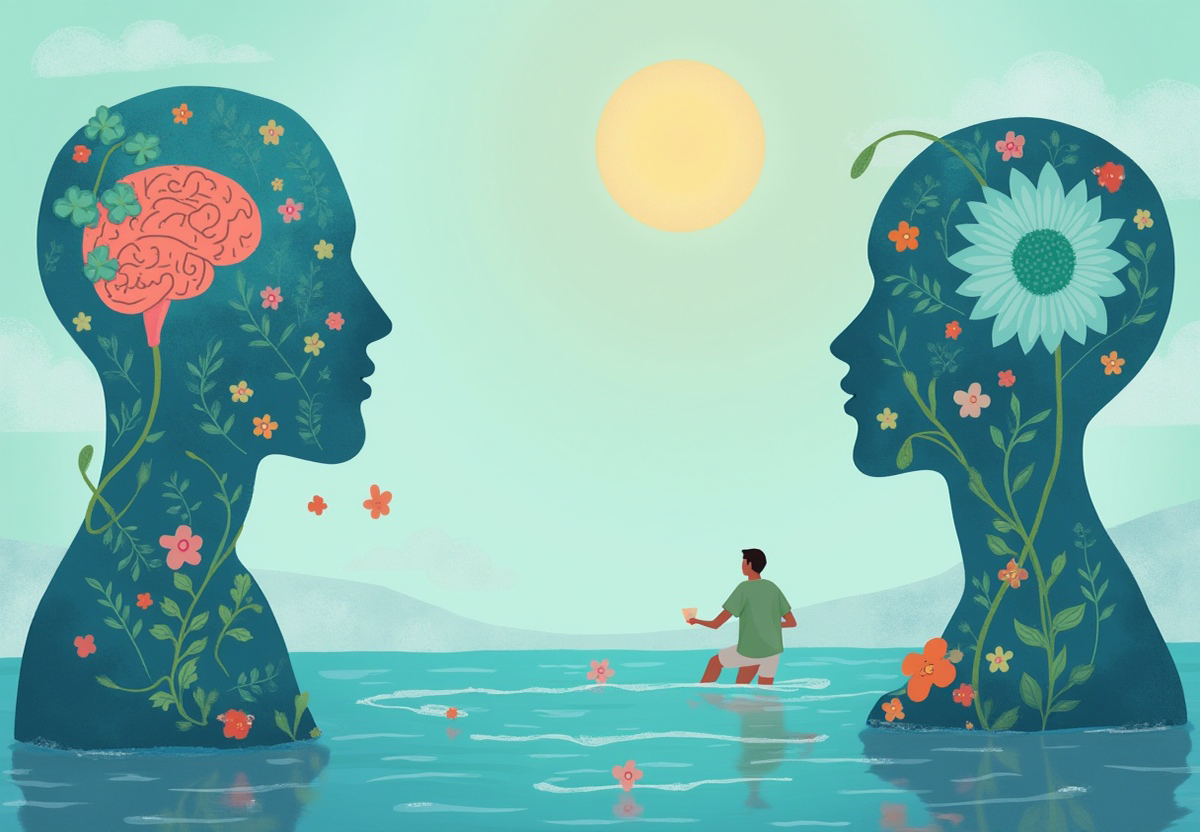Types of Therapy – The Unusual Therapist Way
- Home
- Blogs
- Types of Therapy – The Unusual Therapist Way

Let’s be honest—therapy can feel like an overwhelming maze of jargon and options. But if you strip away the labels, therapy is simply about helping you make sense of your mind and emotions in a way that actually works for you. Not all therapy styles are the same, just like not all people need the same solutions. So, here’s my no-BS breakdown of different therapy types—because let’s face it, your mental health deserves more than generic advice.
1. Cognitive Behavioral Therapy (CBT) – The Straight Shooter
CBT is like that brutally honest friend who tells you, “You’re spiraling. Let’s fix it.” It helps you recognize negative thought loops, challenge them, and swap them out for healthier ones. If you want practical strategies and immediate problem-solving, this is your therapy soulmate.
2. Rational Emotive Behavior Therapy (REBT) – The Logic Lover’s Therapy
Ever caught yourself thinking, If I fail, my life is over? Yeah, REBT calls BS on that. It’s about identifying irrational beliefs, dismantling them, and replacing them with more balanced perspectives. If your brain has a habit of jumping to extreme conclusions, this one’s for you.
3. Psychodynamic Therapy – The Deep Dive
This one’s for those who love a good backstory. It’s less about quick fixes and more about digging into your past to understand why you react the way you do. If you find yourself repeating patterns in relationships or struggling with unresolved emotions, psychodynamic therapy could help.
4. Humanistic Therapy – The “You Do You” Approach
You lead, your therapist follows. No rigid structure, no judgment—just space to explore your emotions and personal growth at your own pace. If you need a safe place to unpack your feelings and be seen for who you are, this might be the one.
5. Eye Movement Desensitization and Reprocessing (EMDR) – The Trauma Healer
Got trauma that won’t stop replaying in your head? EMDR helps reprocess distressing memories using guided eye movements (or other sensory techniques), so they lose their emotional grip. It sounds unconventional, but it’s backed by science and works wonders for PTSD.
6. Mindfulness-Based Therapy (MBCT & MBSR) – The Zen Fix
Mindfulness isn’t just for yogis. These approaches teach you to stay in the present, observe your thoughts without judgment, and manage emotions better. If stress, anxiety, or overthinking run your life, mindfulness-based therapy could be a game-changer.
7. Dialectical Behavior Therapy (DBT) – The Emotional Balance Act
Think of DBT as CBT’s cool cousin who specializes in handling intense emotions, improving relationships, and surviving distress without losing your mind. Originally designed for borderline personality disorder, it’s also great for anyone who feels like their emotions sometimes control them instead of the other way around.
8. Existential Therapy – The Big Picture Thinker
If you’re someone who constantly questions “What’s the point?”, welcome to existential therapy. It’s all about tackling life’s big uncertainties—purpose, meaning, responsibility, and the inevitable existential dread. Perfect for the deep thinkers who want to explore the bigger picture.
Which One is Right for You?
The truth? There’s no “best” type of therapy—only what works for you. Some people need structure, some need self-exploration, and some need a mix of everything. The key is finding a therapist who actually listens and adapts to what you need. Because at the end of the day, therapy is about helping you live your life better—not just sitting on a couch talking about your childhood forever
Need help figuring out where to start? Let’s talk. Therapy should feel like a lifeline, not a chore.